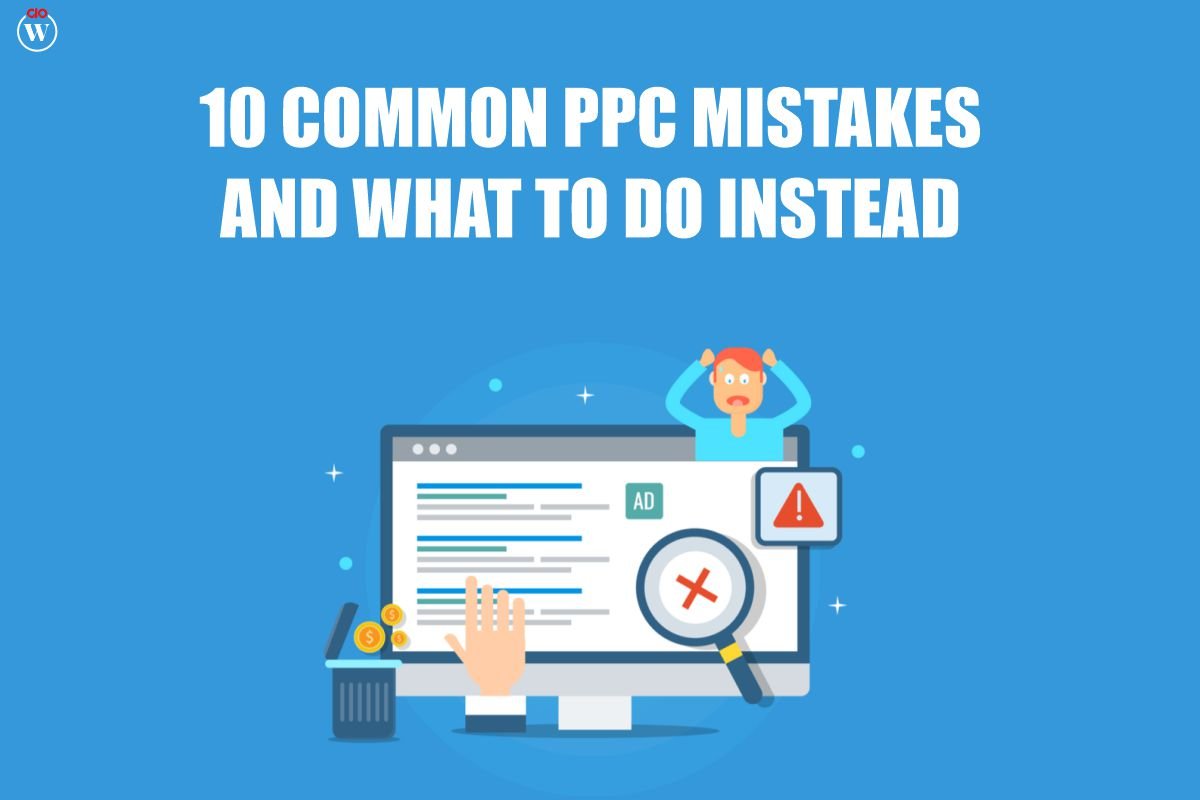Know When To Quit can be a difficult decision to make, whether it is quitting a job, a relationship, a project, or a habit. It can be hard to let go of something that we have invested time, energy, and resources into. However, sometimes quitting is necessary in order to move forward and make progress in our lives. In this article, we will explore some signs that it may be time to quit and how to make the decision to do so.
Here is How To Know When To Quit;
1. Your Values and Goals Have Changed
As we grow and change, our values and goals may also shift. What was once important to us may no longer align with our current values and aspirations. If you find that your current situation no longer supports your values or goals then Know When To Quit, it may be a sign that it is time to quit and pursue something that is more aligned with who you are and what you want to achieve.
2. You Are Not Growing or Learning

In order to feel fulfilled and engaged in our work and personal lives, we need to be constantly learning and growing. If you find that you have hit a plateau in your current situation and are no longer growing or developing, Know When To Quit, Cause it may be time to move on to something that challenges you and allows you to continue to learn and grow.
3. You Are Unhappy or Unfulfilled
If you are consistently unhappy or unfulfilled in your current situation then Know When To Quit, it may be a sign that it is time to make a change. Life is too short to spend time doing something that does not bring you joy or fulfillment. While it may be scary to take the leap and quit, it is important to prioritize your own happiness and well-being.
4. Your Health or Well-being Is Suffering
If your current situation is negatively impacting your physical or mental health, it is important to take action to address it. Whether it is a stressful job or an unhealthy relationship, your health and well-being should always come first. Consider seeking professional help or support if needed, and make a plan to take care of yourself.
5. You Are Facing Insurmountable Obstacles
Sometimes we may face obstacles that seem insurmountable, whether it is a difficult boss, a toxic work environment, or a relationship that is no longer serving us. While it is important to persevere and work through challenges, there may come a point where it is clear that there is no way to overcome the obstacles. Know When To Quit In these situations, it may be time to quit and move on to something that is more manageable and positive.
How to make the decision to quit;

Once you have recognized the signs that it may be time to quit, the decision to actually do so can be challenging. Here are some steps you can take to make the decision:
1. Take Time to Reflect
Before making any major decision about Know When To Quit, it is important to take some time to reflect on your situation and your options. Consider your values and goals, and how your current situation aligns with them. Think about the pros and cons of staying versus quitting and the potential impact on your life.
2. Seek Advice and Support
Talk to trusted friends, family members, or mentors about your situation. Seek their advice and support as you navigate the decision-making process. Consider seeking professional help or counseling if needed.
3. Make a Plan

If you do decide to quit, it is important to have a plan in place. This may include finding a new job, ending a relationship, or seeking out new opportunities. Consider the financial and practical implications of quitting, and make a plan to address them.
4. Take Action
Once you have made the decision to quit, take action to follow through on your plan. Be brave and confident in your decision, and trust that it is the right one for you.
BOTTOM LINE
Know When To Quit is not always easy, but it is an important part of personal and professional growth. It takes courage to make the decision to leave something behind, but it can also be liberating and empowering. By recognizing the signs that it may be time to quit, reflecting on your values and goals, seeking advice and support, making a plan, and taking action, you can make the decision to quit with confidence and clarity.
It is important to remember that quitting does not equal failure. It is simply a recognition that something is no longer serving you or aligning with your values and goals. By quitting, you are creating space for new opportunities and experiences to come into your life.
However, it is also important to note that quitting should not be taken lightly. It is important to weigh the pros and cons and consider the potential impact on your life before making a decision. Sometimes perseverance and resilience are necessary to work through challenges and overcome obstacles. It is important to know the difference between quitting when it is necessary for your growth and well-being versus giving up too easily.
In addition, quitting does not mean burning bridges or leaving in a negative way. It is important to maintain professionalism and respect, even if the situation is difficult. This can help to preserve relationships and avoid any negative consequences down the road.
That said, there are times when you may want to go one step further than quitting – not just to protect yourself but to protect others. For example, if you have to quit a job because it has damaged your health and you believe that poor health and safety measures were in place, it might be worth hiring a worker’s compensation lawyer to help file a lawsuit. This can ensure the employer is held accountable, while also providing you with the financial compensation to move on.
Ultimately, knowing when to quit is a personal decision that requires self-awareness, reflection, and courage. By recognizing the signs that it may be time to quit and taking the necessary steps to make the decision and follow through with a plan, you can move forward with confidence and clarity, and create space for new opportunities and experiences in your life.









